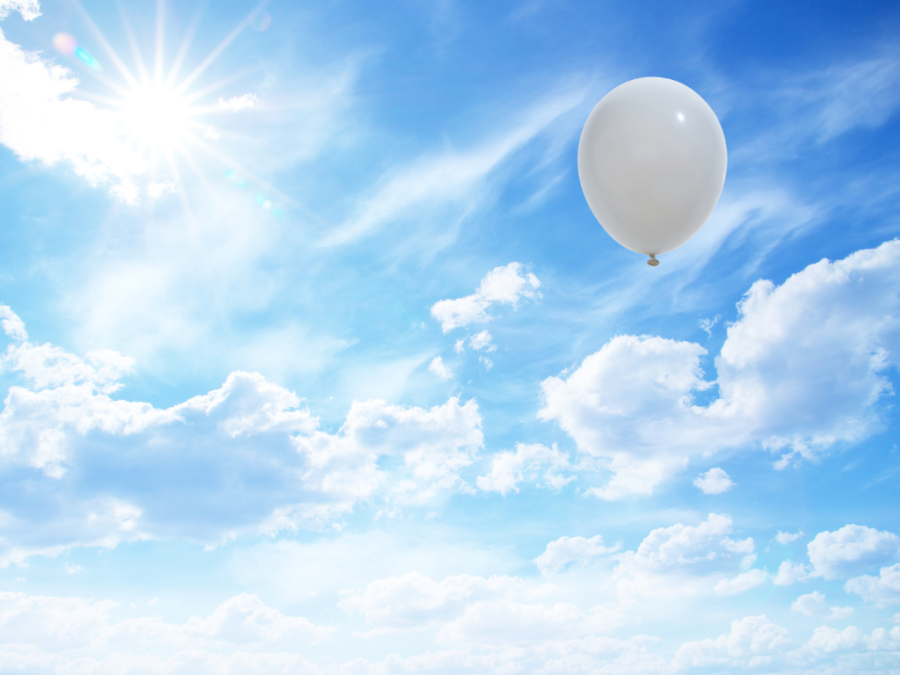Balloon drama unveiled: why students should care?
Many civilians across the US have captured footage of the surveillance balloon that has now circulated the globe.
In the past week, the United States has eliminated several supposed surveillance balloons floating across the North American continent, heightening tensions on a global level.
In one instance, a balloon was detected flying over a restricted area in the western United States and, after refusing to change course or respond to radio communications, was shot down with immediate effect. The balloon was later identified by the US navy as a Chinese military drone, equipped with advanced surveillance technology. Similar instances have occurred near the coast of South Carolina and the country of Canada.
“Of course, I don’t support China’s actions one bit; getting defensive and passing it off as a weather balloon just worsens a month’s worth of economic tensions between the two countries. China is still considered a developing nation, and opposing the US now won’t end well for them,” said AV Chinese-American parent Julia Sun.
The Chinese government has responded to the incident by arguing that they reserved the right for aerial intrusion. However, further efforts of communication with US top officials were ultimately declined, an action that experts say have worsened tensions.
“It’s definitely not fair for China to justify their actions; this balloon was just one of many high-altitude drones they have deployed in the past, and repetitive intrusion on US air space is definitely an overstep,” said AV Chinese-American Matthew Zhang (‘23).
Experts have cited that the recent escalation of hostility between the US and China are expected to ignite trade restrictions, economic downturns, and a potential rise in global conflict. Political commentators have also noted the importance for young people to stay informed about such events and understand their implications both at home and abroad.
“China should be well aware of air space regulations, and that sending a UAP into another country would cause investigations and military intervention. If the US were to fly something into China unsolicited, China would respond in a similar manner. The US is also likely paranoid about what goes on in its airspace, with the Cold War and 9/11 being major contributors,” said AV Chinese-American Nathan Lin (‘23).
All in all, these incidents serve as a reminder of the ongoing power struggle between the US and China in the protection of national security and the stability of global affairs.
“Chinese and US relations are already a mixed bag, and the attention this incident has will only serve to complicate this diplomatic cocktail. In the grand scheme of things though, this can probably be considered a minor action that China has taken. There are other ways that China could get info about the US after all,” said Lin.
Your donation will support the student journalists in the AVJournalism program. Your contribution will allow us to purchase equipment and cover our annual website hosting costs.

